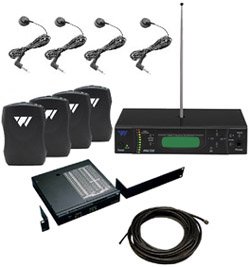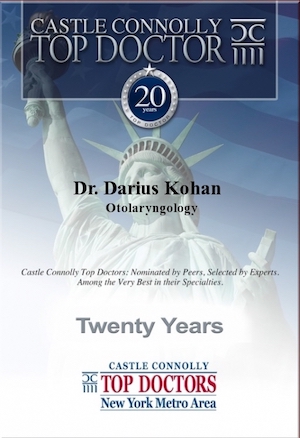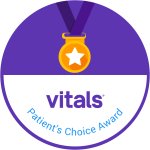
Sensorineural hearing loss is due to a defect in the auditory nerve component as opposed to the conductive (little bones of hearing and/or tympanic membrane) component. Sensorineural may refer either to the auditory nerve receptors (hair cells/nerve endings in the cochlea) or to the auditory nerve fibers carrying signals from the nerve ending receptors to the brain.
Sensorineural hearing loss can be caused by many different things. The more common causes are genetic (congenital or late onset presentation), aging (presbycusis), noise/acoustic/head trauma, tumors, infection (viral and/or bacterial), meningitis, ototoxic medications auto immune diseases, neurological diseases, and other less frequent causes. Your (otologist) physician’s job is to try to establish the cause of your sensorineural hearing loss which then determines its treatment.

Treatment of sensorineural hearing loss may be medical or surgical depending on the cause. For the non-medical/surgical causes of your hearing loss, treatment is usually with amplification. Very mild hearing loss may be best managed with Assistive Listening Devices (ALD) and strategic optimization of the listening environment when possible.
For more severe sensorineural hearing loss, amplification with hearing aids is utilized. The type of hearing aid in terms of power, size, options, and costs are best determined by you and your audiologist.
After initial hearing aid fitting, patients may find that it takes several weeks to adjust to the new hearing. There is a “learning period” in which the ear/brain learns to interpret the new sound and to function in different environments. Sometimes the hearing aids require further adjustment or “tuning” before optimal individualized function is obtained. If the hearing aids are adjustable with hand controls, it may take a few weeks until sufficient dexterity and familiarity with these controls are achieved. Successful amplification with the hearing aid usually requires patience and counseling.
If the patient anticipates using a hearing aid only for special social or business events, he/she will not benefit from this intermittent amplification because the aided sound will be “foreign” to the unadjusted ear. Moreover, with the small discreet hearing aids available today, one is more likely to lose them in their pockets or in the bureau drawer.
If the hearing loss is profound, that is unaidable with a powerful hearing aid, then the patient may be a candidate for a cochlear implant. This surgical implanted device bypasses the nerve endings to stimulate directly the auditory nerve fibers to give hearing. The details of this procedure and its results can be reviewed with your otologist/physician.
Dr. Kohan has been honored 20 years running as a Castle Connolly Top Doctor.

Dr. Kohan is the recipient of the Patients’ Choice Award 5 years in a row. An award given to less than 1% of doctors.
